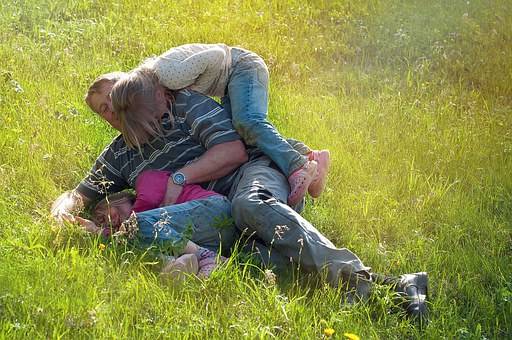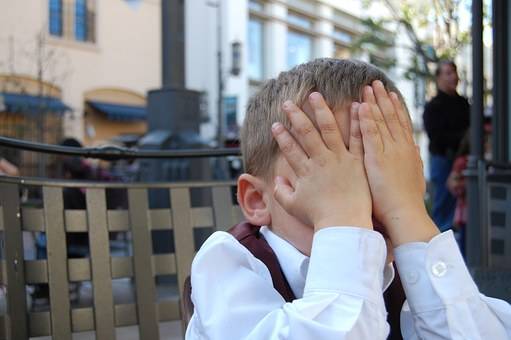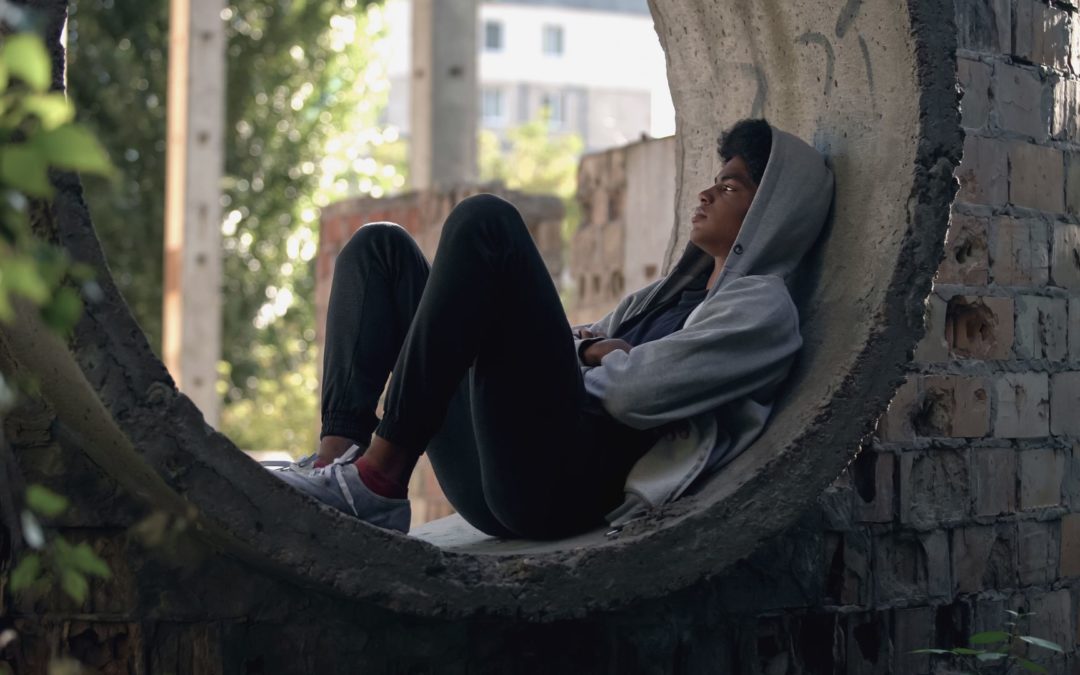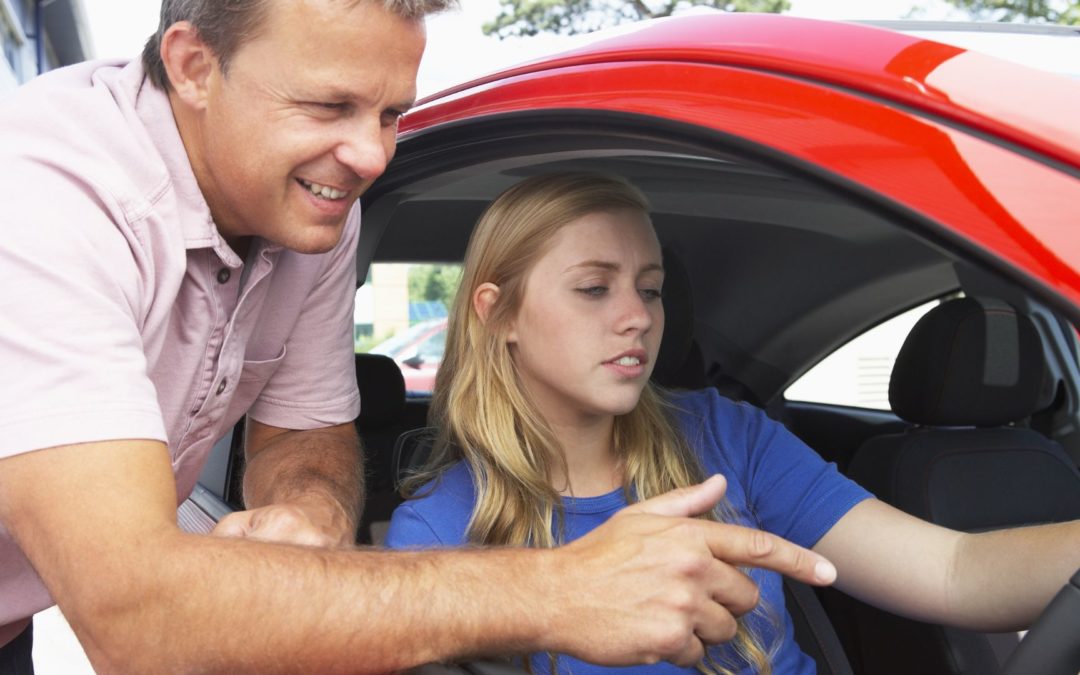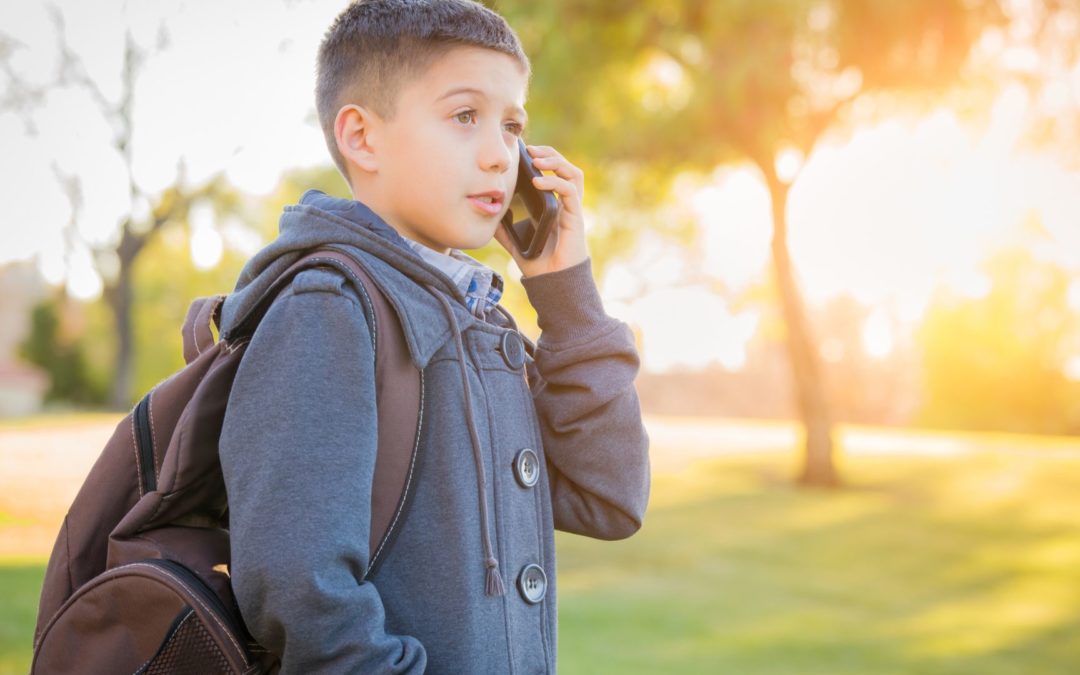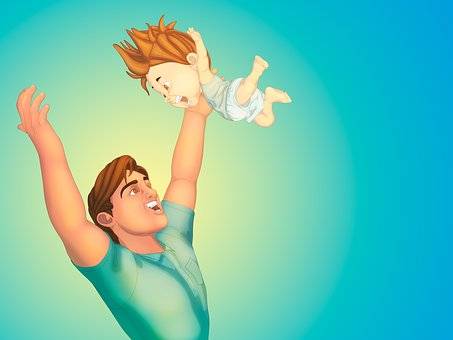
recent research shows that a family with a low income can produce as good an outcome for children as a wealthier family if the poorer father is a hands-on dad.
The Hands-On Dad
More attention is being paid to the benefits of having a father active in the life of their children. Research is showing that there are several things a father does which can transform the physical and mental health of their children and their long term chances in life.
It ‘s obvious that a two parent family is likely to have more money coming in than a family with one parent, resulting in better academic and life outcomes for the children. That makes sense; two salaries means more money.
However more recent research has also shown that a family with a low income can produce as good an outcome as a wealthier family if the poorer father is a hands-on dad.
This means that a hands-on dad is as likely a predictor of success for the children as living in a wealthy neighbourhood with an absent, or critical and uninvolved father.
Rough and Tumble Play
Rough and tumble play is a major part not only of building a relationship between father and child (yes, daughters too) but also teaches them a lot about physical and relationship barriers.
Often Mums will worry when dads playfight or throw the kids up in the air. It’s natural. But if you can reassure your partner that you have taken actions to minimise risks (e.g. standing on carpet rather than concrete! … also cushions help a lot….) it means you can teach your kids lessons such as:
1. Boundaries…if they play too rough, e.g. with a younger sibling, playtime stops. This is a really important lesson and teaches kids, especially boys, not only courage about their own physicality but also how to adjust it when there is a physically weaker person around. Importantly, it develops trust; as Dad makes sure the fun doesn’t get dangerous so they increase their trust of and respect for him.
2. Assertiveness and control of aggression. Children who enjoy physical play learn how to push the boundaries on the edge of what they can and can’t do. This way they learn the difference between assertiveness and aggression. They learn that even a bigger person like Dad or a bigger sibling may refuse to play if they get too rough.
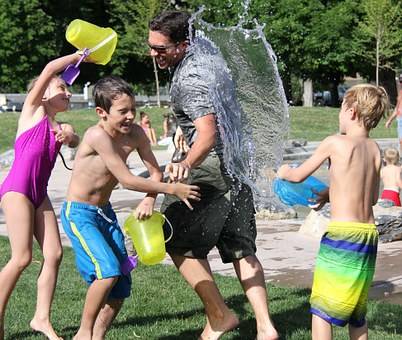
Play and Connection
All young mammals play fight; in fact we are all born with a “play circuit” in the brain. Young mammals all play and play fight – just watch puppies or fox cubs. Remember that moment in “Dances With Wolves” when [Kevin Costner] realises the wolf wants to play? Or the “Night in the Museum” moment when [Ben Stiller] realises the T-Rex just wants to play “fetch”? In both of those moments everything changed.
That’s because deep down we understand that something or someone that wants to play wants to engage with you without harming you. It’s how the mammalian brain – including parts of ours – practices socialisation.
Play and Focus
Also physical play runs off extra energy..in fact let’s forget the word extra; kids have energy! They are made that way! Sitting them down in front of a screen, whether that’s a TV screen or a smartphone screen, is alien to how their bodies and minds are wired.
Many experts believe that there are many boys who have been been misdiagnosed as having ADHD when in fact they are reacting badly to a culture where well-meaning parents and teachers keep them cooped up indoors to avoid risks. Scientific experiments on mammals show that if they are cooped up and not allowed to play they start to exhibit symptoms of ADHD; symptoms which respond well to Ritalin (the medicine for ADHD).
On the other hand, if a child learns to put the smartphone down and focus on playing games, especially games which involve physical exertion, they have to focus on one thing, and to learn how to read the face and body language of the person or people they are playing with. That ability to apply focus to one thing develops in other areas too, such as focussing on homework rather than on the constant interruptions of social media. That ability to focus on something means the child is more likely to finish tasks such as homework. This can build into an upward spiral of “I know its boring, but there is an end in sight and I’ll play once I have finished” which in turn creates a sense of achievement, self-discipline and self worth rather than continually being distracted.
Play, Focus and Shame
Without the ability to focus on completing tasks such as homework a child can eventually start believing that they can’t do their homework, which kicks off a downward spiral of shame and lack of self-belief. If they have a dream of being a great musician or a great sports person but can’t concentrate or focus on the discipline needed to achieve that goal eventually they can give up altogether, falling into shame and self-contempt.
Boys in particular can fall into a downward spiral of withdrawing to video games because they don’t feel they can do anything useful, whereas they can take on the virtual persona of a buff hero in a video game. In the virtual world they can lose and improve their skills and belong to an online community that accepts them as they are. That isn’t to say that a moderation of online games is bad…it’s when the child withdraws into the virtual world that things can enter that downward slope.
Traps of the Virtual World
Another trap lies in wait for the boy who withdraws to the online world: online porn.
While over recent decades our culture has become increasingly accepting of pornography for adults, it has always been revolted by the idea of children seeing pornography. For years parents, schools and the government have banded together to stop even the most curious child having access to “over 18” material.
But we have been slow to catch up with the fact that most schoolchildren have access to Pornhub via their smartphones. There have been many horrifying results of this “pornification” of our young. A son that has withdrawn into the online gaming world because he lacks confidence in the real world is also more likely to turn to online porn because he lacks confidence with real girls. We explored in more detail what can come next with “fast-click” porn and how that can eventually lead to impotence and an inability to perform with real partners in another article, but again this will reconfirm his sense of shame and worthlessness, leading even more to withdrawal from the real world.
When Dads Are Shut Out
When parents split up boys in particular can experience a level of anger, withdrawal and depression that affects them well into adulthood if the father stops being involved in their lives.
It isn’t always easy for single fathers to get the ideal amount of time with their kids – the difficulties are often enormous – but if they at least try to see their children after splitting up kids are smart; they know. Many fathers fight desperately to see their children after splitting up, and if you are in that situation you are not alone.
But children do grow up and often, in the long run, if a mother makes it difficult for their dad to see their children, the children do start to understand that truth as they grow up. It is the belief that “Even my own Dad doesn’t think I’m worthwhile” that can really harm a child.
If a child learns that his father loved him unceasingly and desperately fought to see him it will transform his self-esteem and life chances, so don’t give up. Visit when you can; write letters (and keep proof of postage if you think your child isn’t getting your letters!) and if possible, keep up the financial support.




